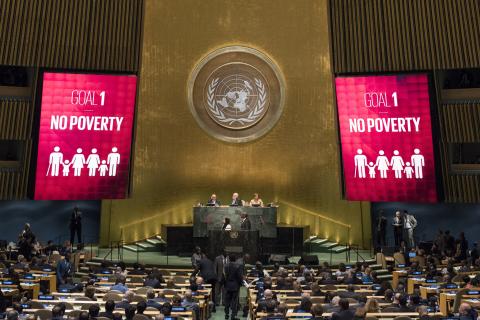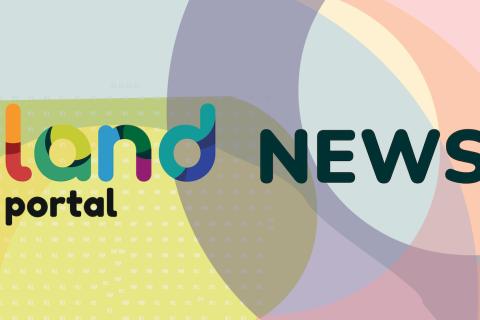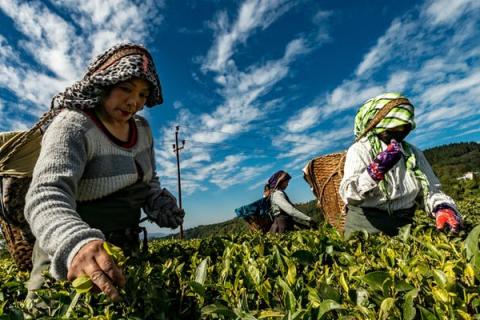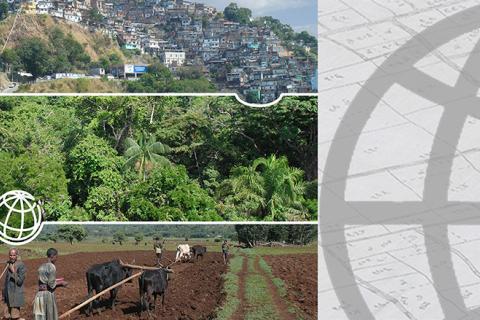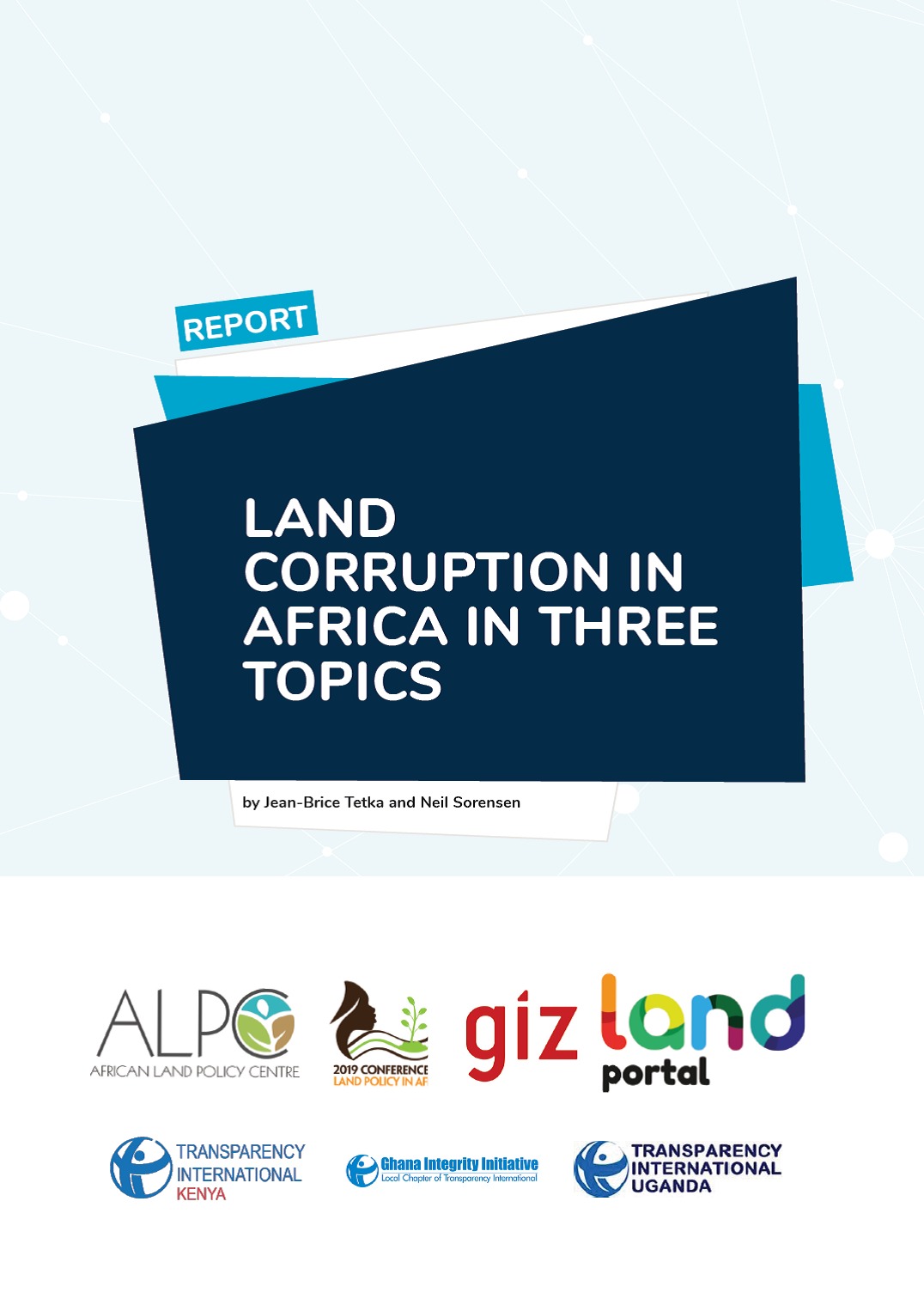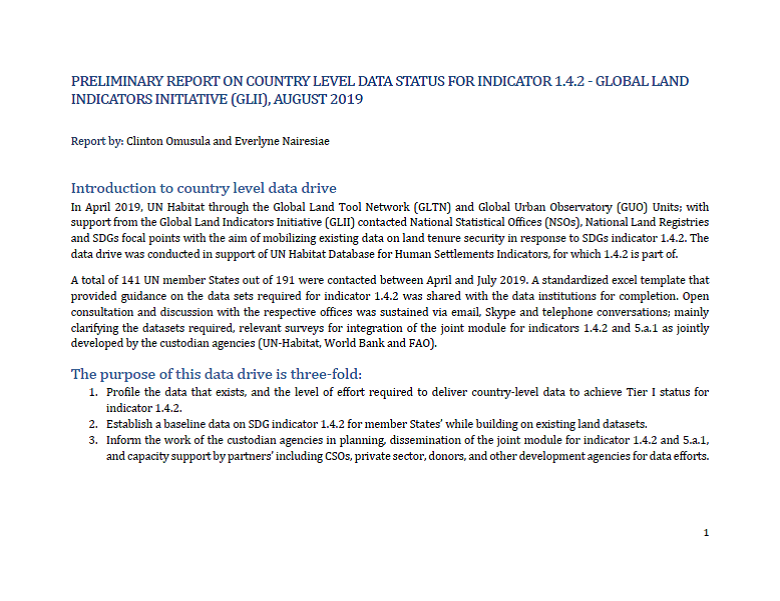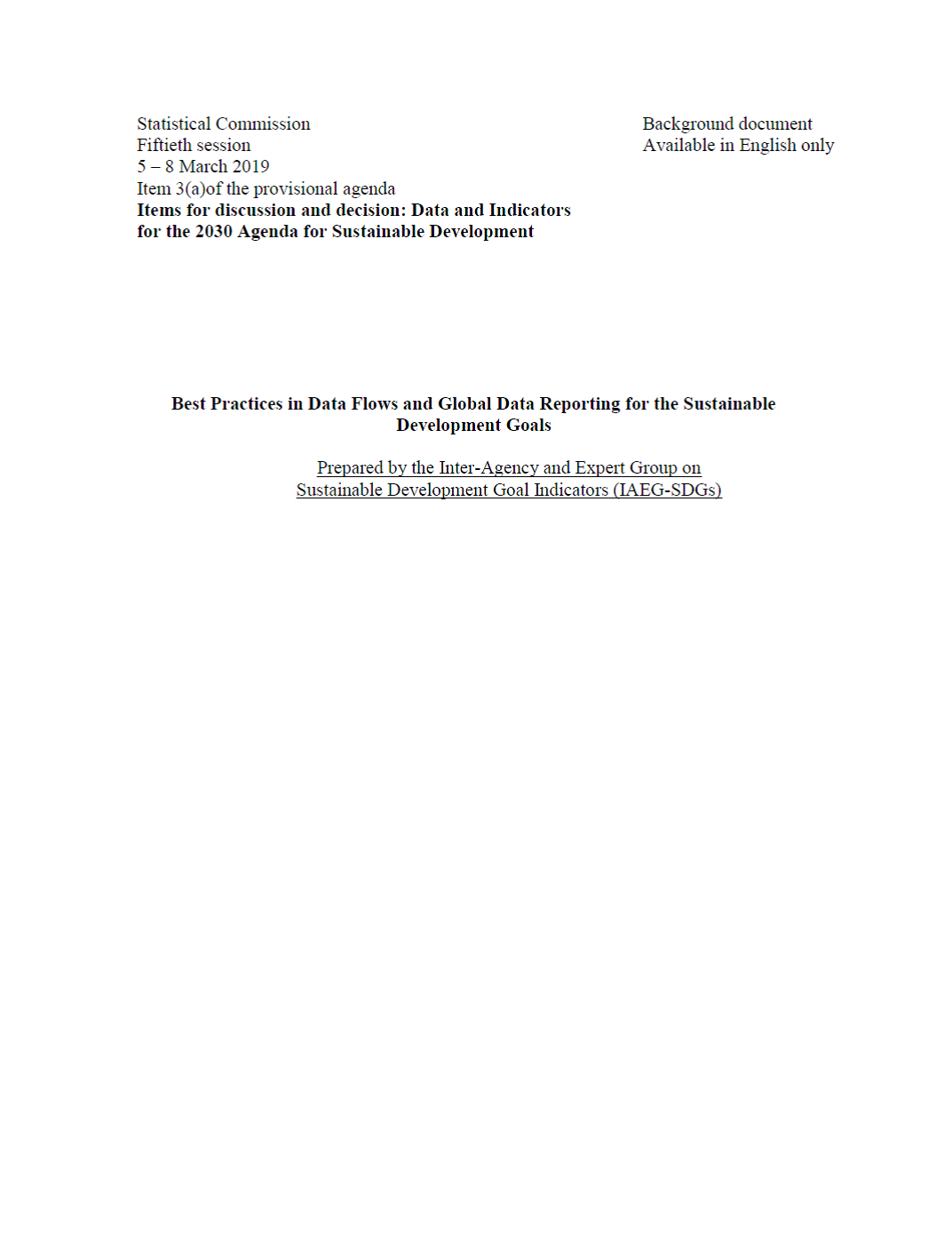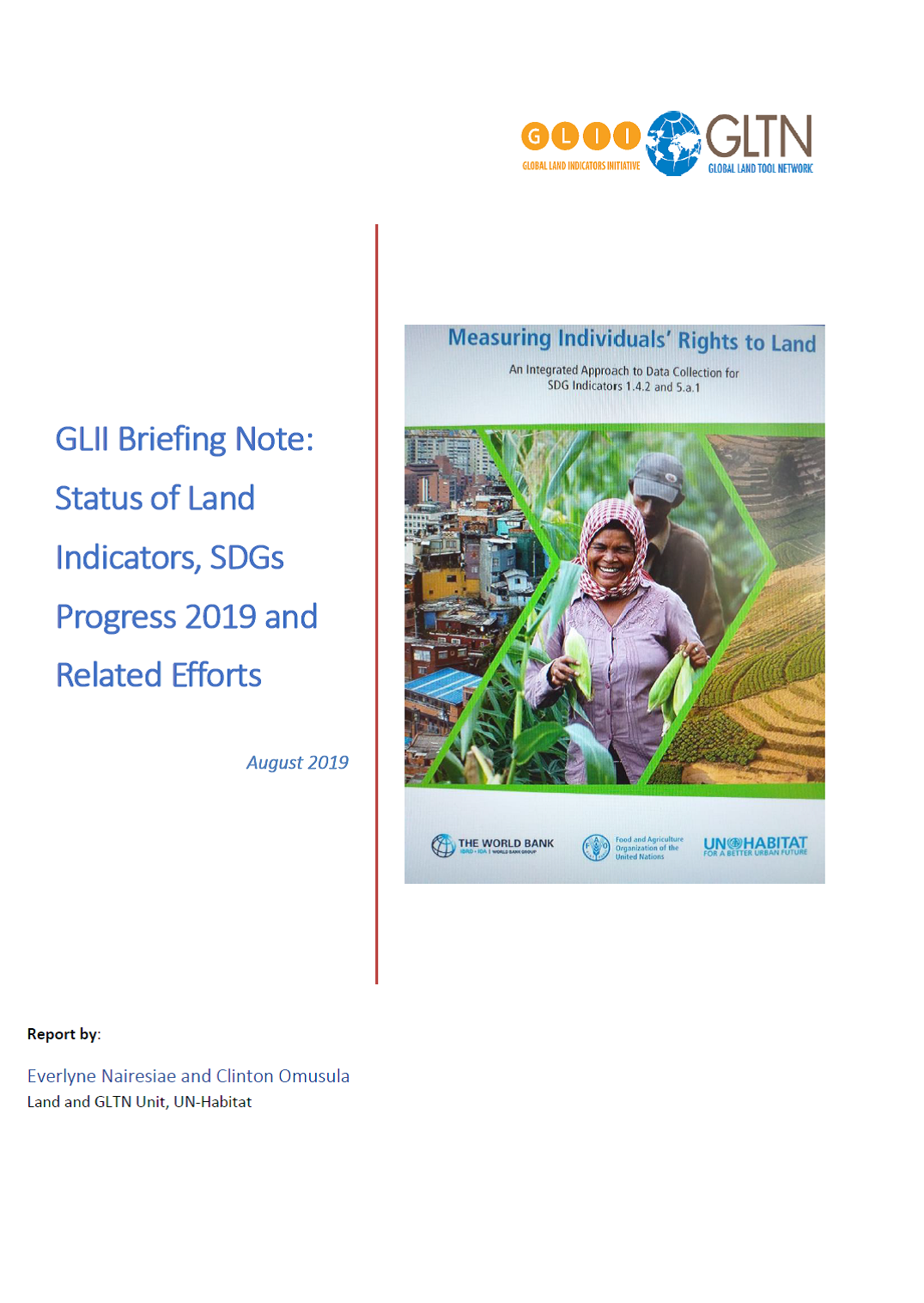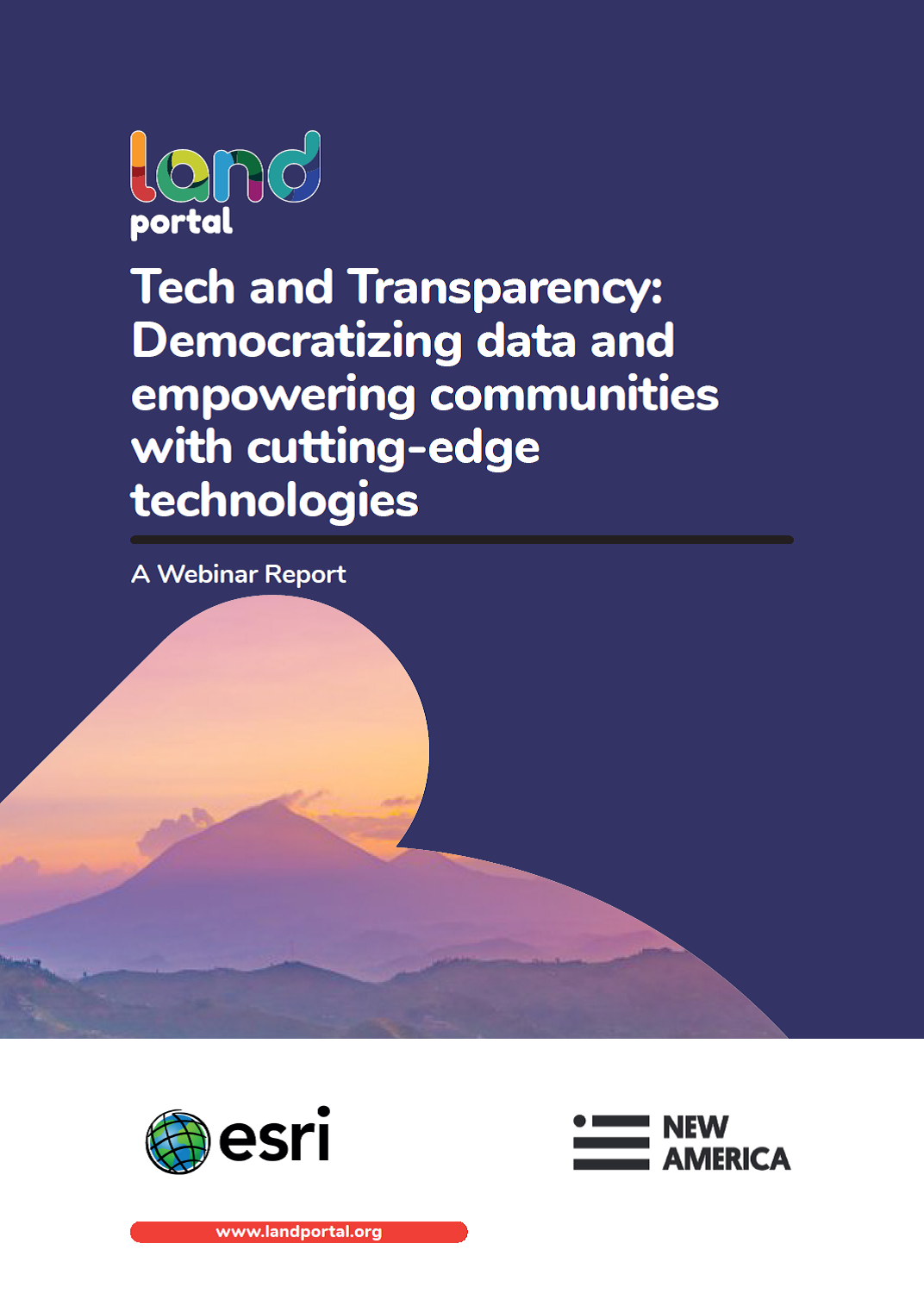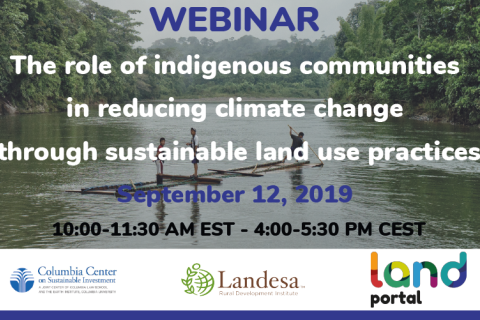Neil Sorensen joined the Land Portal as its Communications Specialist in October 2015. He has extensive experience leading communications for international organizations and developing relationships with civil society, donors, intergovernmental agencies, the media and the private sector. Previously, Neil worked for the International Fund for Agriculture Development (IFAD) as a Governing Bodies Officer and Strategic Adviser to the Secretary of IFAD. He has also led communications for three international organizations, including the International Land Coalition, the International Federation of Agricultural Producers (IFAP) and the International Federation of Organic Agriculture Movements (IFOAM). He holds a Master’s degree in Global Diplomacy from the University of London School of Oriental and African Studies (SOAS) as well as a Bachelor’s degree with a double major in German and Sociology from St. Cloud State University.
Details
Location
Contributions
Displaying 601 - 610 of 1145Realizing the 2030 Agenda: Tilting the Scales of Poverty in Favor of Vulnerable Communities Through Land Data
On 24 and 25 September 2019, Heads of State and Governments will gather at the United Nations Headquarters in New York for the summit Accelerating the implementation of the 2030 Agenda for Sustainable Development. This is a crucial event for evaluating progress towards the 17 goals and 169 ambitious targets countries have set to eradicate poverty, achieve food security, empower women, secure the planet and foster peace and stability.
Statement by the SDG land momentum group in response to the political declaration of the SDG summit
Nearly five years into the implementation of the ground breaking global commitments of the 2030 Sustainable Development Agenda, the time is upon us to consider what has been accomplished so far and to set the tone for action that will enable the world to meet its ambitious goals.
Land and Poverty Conference 2020: Institutions for Equity and Resilience
Welcome to the 21st Annual World Bank Conference on Land and Poverty! This year’s conference theme will be: Institutions for Equity & Resilience.
Land Corruption in Africa in 3 Topics
From July 17 to August 7, 2019, the Land Portal Foundation, the African Land Policy Center, GIZ and Transparency International Chapters in Ghana, Kenya and Uganda co-facilitated the dialogue Land Corruption in Africa addressing the role of traditional leaders in customary land administration, forced evictions as a form of land corruption and its Impact on women’s land rights and an analysis of alternative dispute resolution systems in addressing land corruption.
Preliminary Report on Country Level Data Status for Indicator 1.4.2
In April 2019, UN Habitat through the Global Land Tool Network (GLTN) and Global Urban Observatory (GUO) Units; with support from the Global Land Indicators Initiative (GLII) contacted National Statistical Offices (NSOs), National Land Registries and SDGs focal points with the aim of mobilizing existing data on land tenure security in response to SDGs indicator 1.4.2. The data drive was conducted in support of UN Habitat Database for Human Settlements Indicators, for which 1.4.2 is part of.
Best Practices in Data Flows and Global Data Reporting for the Sustainable Development Goals
The Inter-Agency and Expert Group on Sustainable Development Goal Indicators (IAEG-SDGs) was tasked by the United Nations Statistical Commission (UNSC) in its 50th session to “work jointly with custodian agencies and establish a fruitful dialogue between all parties, to further refine the guidelines by taking into account concerns raised at the forty-ninth session of the commission and to prepare criteria for implementation of the guidelines that are based on best practices and on ways to limit the burden that the
GLII Briefing Note: Status of Land Indicators, SDGs Progress 2019 and Related Efforts
The 2030 Agenda for Sustainable Development provides a conceptual framework of 17 goals and 169 targets. An abundance of interlinkages exists between them. Land targets are core to achieving most of the SDGs including poverty eradication, food security, gender equality and empowerment of women, adequate housing and urban development, mitigating and adapting to climate change, reducing and preventing land degradation, and fostering peace and stability for prosperity.
Tech and Transparency: democratising data and empowering communities with cutting-edge technologies
lack of transparency in the land and property sector prevents individuals, communities and governments from unlocking the value of the property as an asset, and undermines policies and legal frameworks that aim to provide land tenure security, potentially leading to a misallocation of rights. In fact, land governance is ranked among the sectors in which people are most likely to pay bribes for access to services, according to Transparency International’s Global Corruption Barometer.
The role of indigenous communities in reducing climate change through sustainable land use practices


